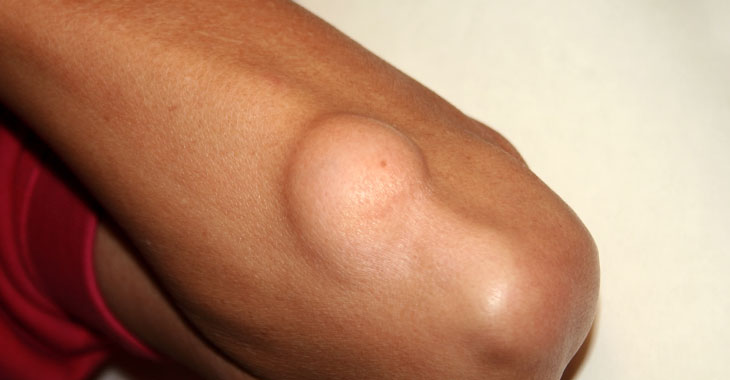Understanding the Causes and Treatments for Acne
Acne breakouts are a common occurrence during the teen years, yet for many people, the struggle with this skin condition does not stop there. The problem with this condition is that it is not as simple to treat or prevent as it may seem. Although acne can occur due to clogged pores, it is only one factor in a complicated condition that can trigger breakouts. Understanding the different causes can help those suffering from this condition find the right treatment to heal and prevent breakouts.
Acne comes in variety of forms. Although the term is used to generalize the skin condition, different types include whiteheads, blackheads, papules, pustules, cysts and nodules. All can blemish the skin but range in sensitivity and their capacity to leave scars. Some of the causes of these breakouts include:
- Clogged pores due to dirt, grease or makeup that is left on the skin
- Heredity reasons
- Teen or pregnancy hormones
- Medications, including birth control, can stimulate acne breakouts
While keeping the skin clean and healthy is important, it is not the only factor in preventing breakouts. There may be one or several factors occurring that are triggering acne issues, which is why severe acne problems require medical assistance.
For those with severe acne, the best option to find the right treatment is visiting a dermatologist. These skin specialists can determine what is the best treatment to both heal existing acne and prevent future breakouts. Some options can include light therapy, medications, topical ointments and other treatments. It is possible to win the fight against this frustrating skin condition when you have a medical professional on your side.
Posted on behalf of:
Olansky Dermatology Associates
Peachtree Lenox Building
3379 Peachtree Road #500
Atlanta, GA 30326
(404) 355-5484
The information provided on this website, including text, graphics, images, and other materials, is intended solely for informational purposes and should not be used as a substitute for professional medical advice, diagnosis, or treatment.

)